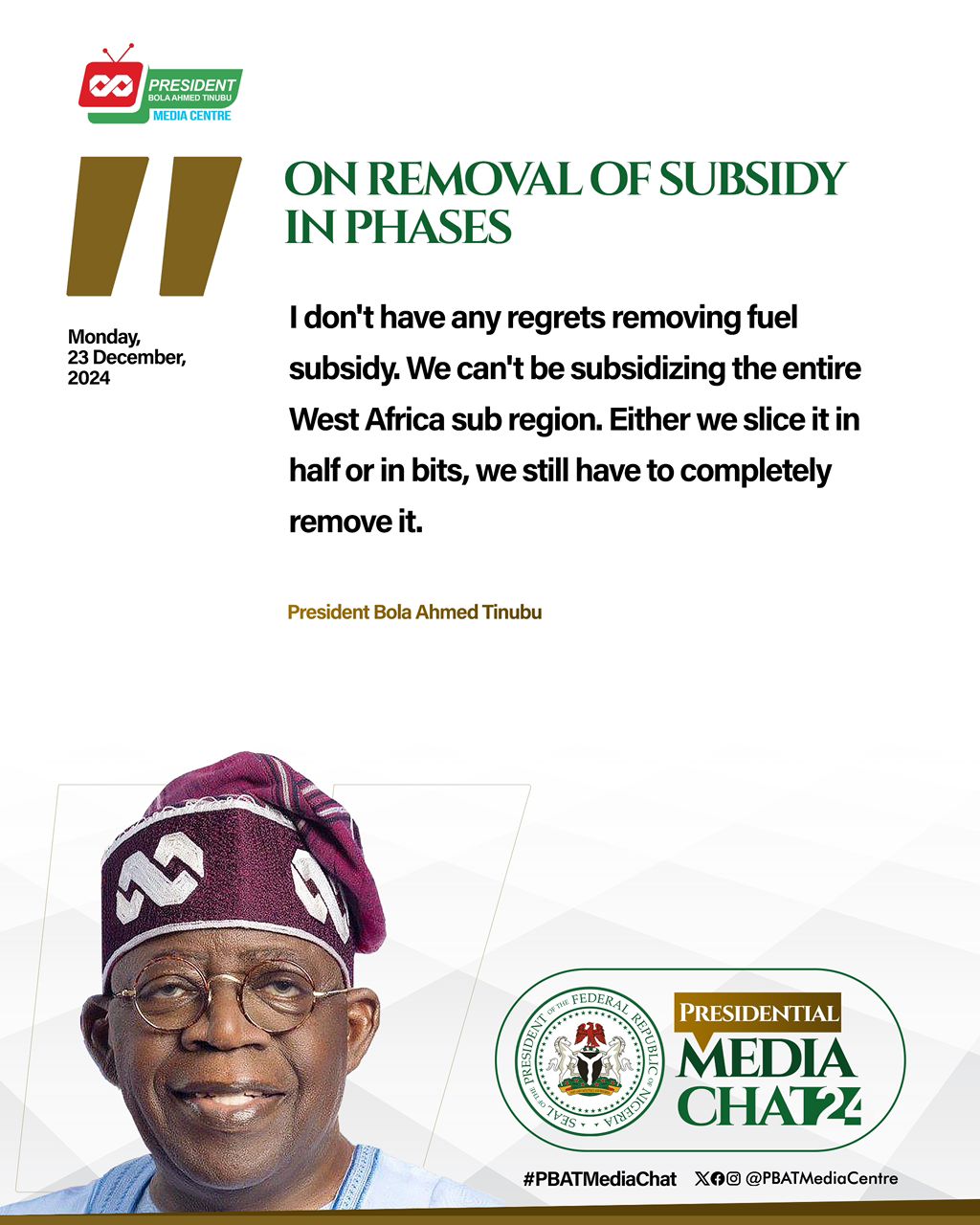Nigeria’s oil sector is a study in paradox, and the Tinubu administration appears content to watch the contradiction unfold. More than a year after the removal of fuel subsidies and the passage of the Petroleum Industry Act (PIA), the country’s ambition of achieving fuel self-sufficiency remains a mirage. Instead of moving toward energy independence, Nigeria finds itself deepening its dependence on imported crude and refined petroleum products; a situation that is unsustainable, economically reckless, and politically perilous; a grotesque testament to government’s failure to marry policy with execution.
Consider the stark reality: Nigeria spent over N4 trillion on fuel imports while local refineries struggle for crude allocation. Over N4 trillion wasted on petrol imports in six months alone should be a national outrage. The Dangote Refinery, heralded as the beacon of hope for ending fuel imports, imported an estimated 60 million barrels of crude oil in the first half of 2025 alone. Yet, the NNPC prioritizes export revenues over domestic refinery supply, forcing Dangote, and by extension, the nation, to beg foreign markets for crude while Nigerians pay more at the pump. The administration’s so-called reforms amount to little more than paper promises and photo ops. Rather than reducing foreign dependence, the government’s policies have done little to reconcile local refining with domestic crude supply. Dangote himself revealed in July 2025 that his company now purchases 9–10 million barrels of crude monthly from the US and elsewhere, highlighting a systemic failure in domestic crude allocation and market management. This is fiscal recklessness on a national scale.
Despite the PIA’s promise to rationalize Nigeria’s oil industry, the reality is that the Nigerian National Petroleum Company (NNPC) continues to prioritize foreign exchange-earning exports over feeding local refineries. The result: Dangote Refinery, designed to transform Nigeria’s fuel landscape, is forced to import crude to stay operational, while the nation simultaneously imports billions of naira worth of refined petroleum. This grotesque contradiction exposes the emptiness of policy pronouncements against the backdrop of weak implementation.
Fuel importation is no longer a minor inefficiency; it is a fiscal hemorrhage. In Q2 2025 alone, petrol importation accounted for N2.3 trillion, forming a significant portion of Nigeria’s 28.95% share of mineral fuels in total imports, eclipsing machinery and chemicals. Meanwhile, bottlenecks at Lagos ports compound the economic cost, increasing prices, delaying commerce, and straining an already fragile supply chain. The implications of this mismanagement are dire. Nigeria’s oil production in August fell to 1.43 million barrels per day, below its OPEC quota of 1.5 million bpd, and far short of the 2.06 million bpd benchmark underpinning the 2025 national budget. Coupled with the global volatility of crude prices, this underperformance threatens fiscal stability, foreign exchange reserves, and economic growth. If unchecked, the nation could face runaway inflation, further erosion of government revenues, and deepening public discontent.
Every day this persists, Nigeria hemorrhages foreign exchange, loses credibility with investors, and sees inflation inch upward. The economic consequences are stark: foreign reserves are drained by billions of dollars spent on unnecessary imports, weakening the naira; GDP growth is stunted as money that should fuel domestic industry exits the economy. Fuel price volatility threatens consumers and businesses alike, driving inflation and raising transportation and production costs. Investor confidence is eroded, discouraging both domestic and foreign investment in a sector that should attract capital. Let it be clear: subsidy removal and legislation without implementation are meaningless.
The Tinubu administration must confront the uncomfortable truth: policy alone cannot resolve the downstream crisis. Subsidy removal, the PIA, and aspirational rhetoric are insufficient. What is required is decisive action: ensuring consistent crude allocation to local refineries, modernizing infrastructure, incentivizing domestic production, and imposing accountability on regulatory bodies and state-owned enterprises. This is not just policy failure—it is economic malpractice. If this untenable state continues, Nigeria risks a catastrophe: depleted reserves, runaway inflation, continued dependence on imports, and a betrayal of the oil wealth that should be a national treasure. The government must act decisively. The nation cannot afford another year of contradictions and squandered opportunities.
Nigeria’s oil sector demands leadership, not lip service. Anything less is a dereliction of duty. Failure to act will not only perpetuate wasteful imports but will also squander the potential of Nigeria’s oil wealth, undermining economic sovereignty and the credibility of government reform. The time for platitudes has passed. Nigerians deserve an oil sector that fuels the economy, not one that drains it.





